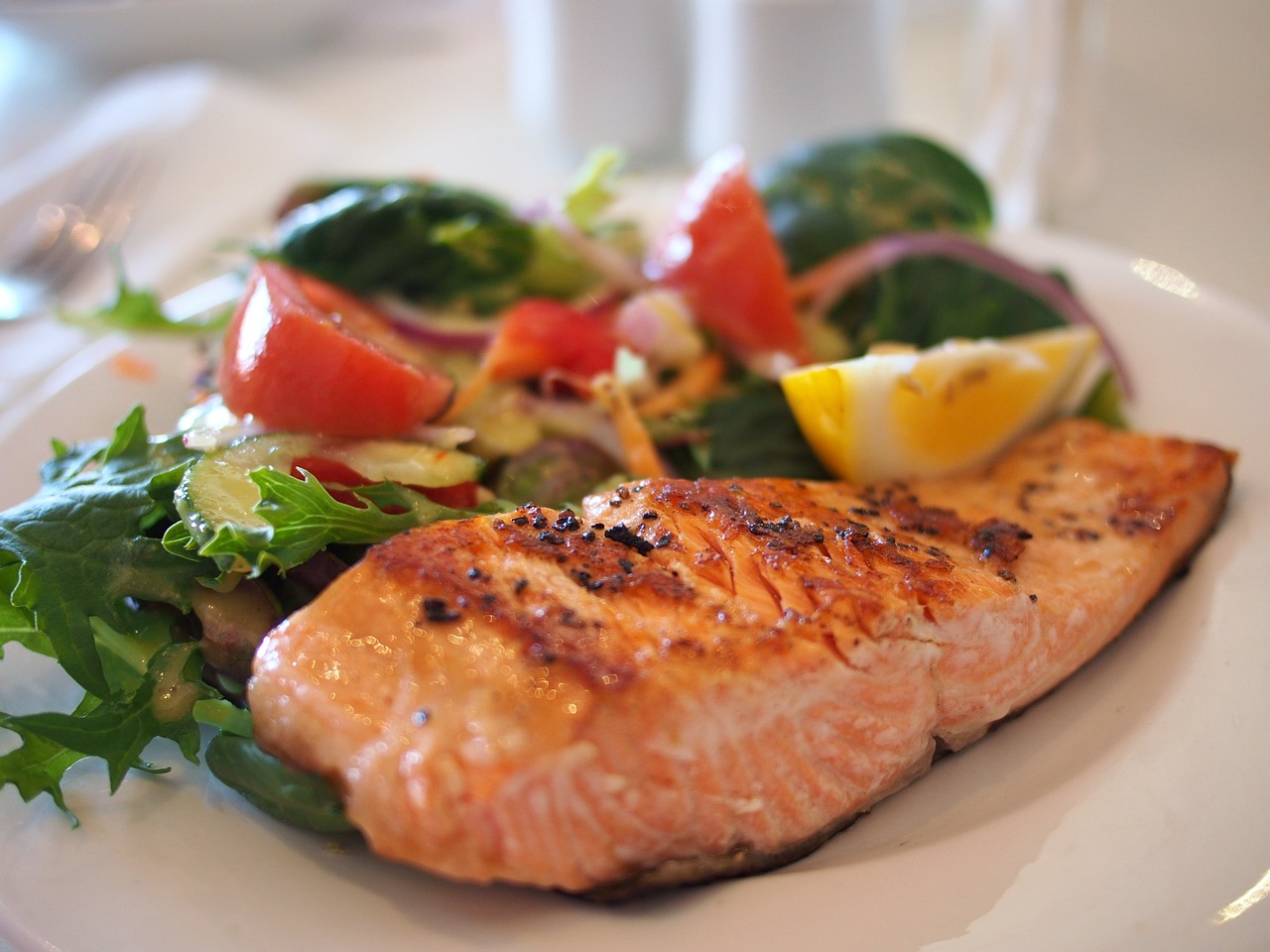In February 2020 researchers from Sweden, Spain and the USA published the results of their study to assess the associations of dietary exposure to polychlorinated biphenyls and long-chain omega-3 fish fatty acids intake with cardiovascular and cancer mortality. A total of 32,952 women and 36,546 men, with no history of cancer, cardiovascular disease and diabetes, were included in the study. Information on dietary intake of polychlorinated biphenyls and long-chain omega-3 fatty acids (eicosapentaenoic acid and docosahexaenoic acid) was collected via a food frequency questionnaire at the start of the study. During an average of 15.5 years follow-up, there were 16,776 deaths. Results showed that for cardiovascular deaths there appeared to be a dose-dependent association for dietary polychlorinated biphenyls exposure and for dietary long-chain omega-3 fish fatty acids intake. However, there appeared to be no clear association with respect to cancer deaths. The researchers therefore concluded that the beneficial effect of fish consumption on the cardiovascular system may be compromised by co-exposure to polychlorinated biphenyls.
Donat-Vargas C et al. Cardiovascular and cancer mortality in relation to dietary polychlorinated biphenyls and marine polyunsaturated fatty acids: a nutritional-toxicological aspect of fish consumption. J Intern Med. 2020 Feb;287(2):197-209.

